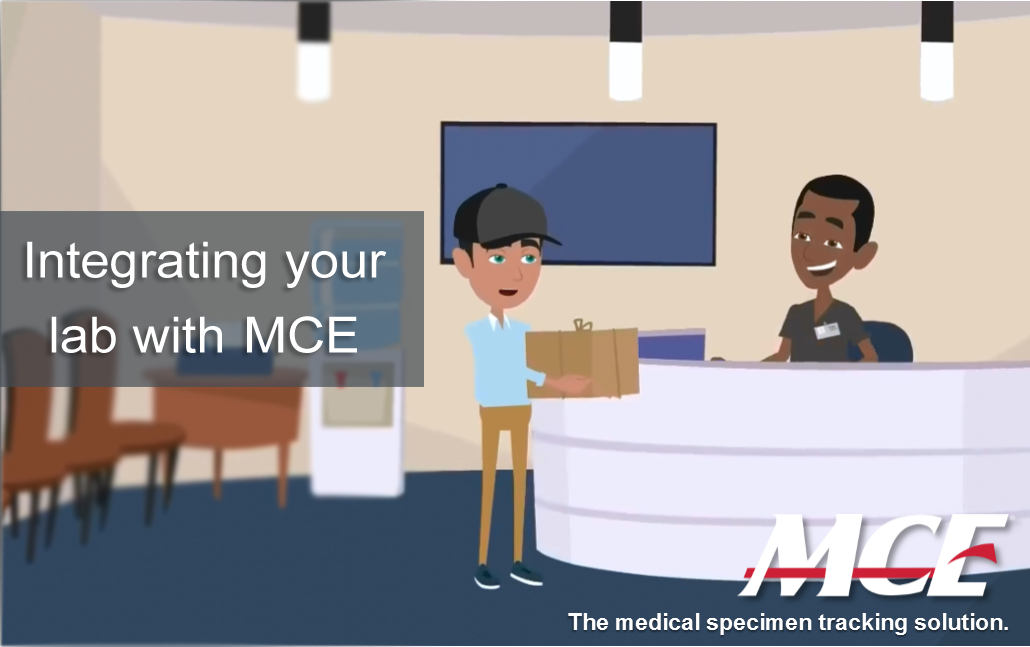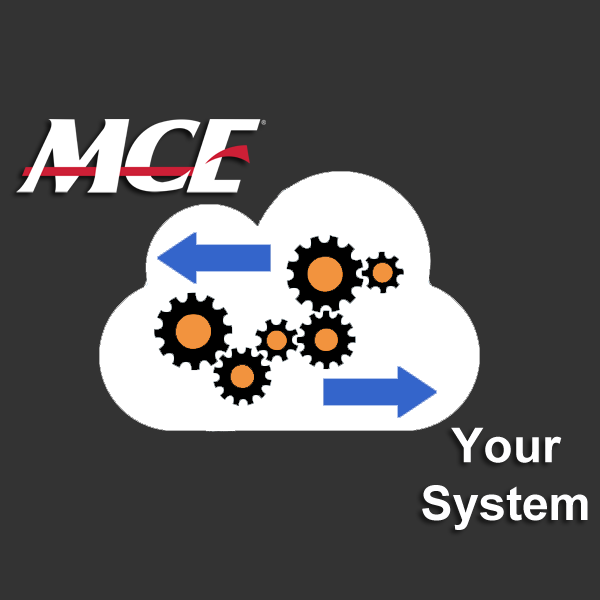READ OUR BLOG
These 5 Features Can Be Yours with the MCE API

Have you read about the features and benefits of our MCE (Medical Courier Elite) software and wished it was something you could integrate with your existing system? Well, the good news is that it’s very likely you can easily include MCE as your courier and specimen tracking software app using our application programming interface (API). The API allows users to integrate MCE with their existing system to eliminate manual data entry and other tasks that currently are not part of the existing system. The ability to incorporate MCE means more users can get a better handle on their specimens, put a stop to specimen delivery/pick-up errors and increase accountability with both couriers and labs.
What is an API?
 For those who are not as tech savvy but see a great need in your business for a software application like MCE to optimize specimen routing and improve specimen handling, an API is a set of clearly defined tools for two unrelated systems to exchange information. We (Taylor Data Systems) have developed an API for our Medical Courier Elite app for customers who wish to automate some facets of MCE to accomplish various tasks but are presently using another software solution.
For those who are not as tech savvy but see a great need in your business for a software application like MCE to optimize specimen routing and improve specimen handling, an API is a set of clearly defined tools for two unrelated systems to exchange information. We (Taylor Data Systems) have developed an API for our Medical Courier Elite app for customers who wish to automate some facets of MCE to accomplish various tasks but are presently using another software solution.
Whether you use Salesforce, a Laboratory Information System (LIS) or maybe a system that was developed in-house, our API offers an easy way to access data and functions currently being used. Without an API, it’s likely there is duplication of effort surrounding the data entry normally required. This is particularly important if users are often creating or updating site information or managing courier routes. This is also extremely valuable when it is important to find out:
- The status of a specimen, or
- The current location of a specimen in transit
MCE’s API is often used by our customers to create dispatches from their original system and letting that information flow directly into the MCE app. Some users may try to integrate MCE through an FTP (file transfer protocol) to create dispatches with their existing system into MCE. This is a viable method, but the downside of FTP is it can take a couple of minutes to create and transfer dispatches. It also does not necessarily provide positive feedback that the dispatch was created, so it takes additional keystrokes to verify that the information was entered correctly.
Our API provides a direct connection to MCE, providing fast response and positive acknowledgement that the operation worked. The API also returns information to the host system (such as the Dispatch ID), providing users with valuable information. This makes it a more efficient, user-friendly solution vs. FTP.
What MCE features are currently offered with this API?
- Manage Site Information. Using this interface, new or existing site information can be easily managed.
- Create new sites as needed
- Update existing site data at your convenience
- Retrieve critical site data to resolve conflicts or confirm information
- Access site contact information (contact lists, add new contacts, update/delete contacts, etc.)
- Manage Site Visits. There are various filtering parameters available which can be used to adequately manage site visits. This provides the flexibility needed to export lists of some or all recorded site visits.
- View Start Time / Depart Time
- View and print Notes
- Access Client Number
- And more…
- Route Management. This interface offers a method of retrieving a list of all the current, active routes in the system. This is particularly helpful if you would like to access the courier route information from MCE directly on your existing system.
- Specimen Management. The specimens interface increases specimen tracking efficiency by allowing administrators and dispatchers the opportunity to locate, in real-time, each specimen being picked up or dropped off. Examples include:
- Retrieving a list of specimens picked-up by a courier and in transit; this includes the geolocation each specimen.
- In the event of researching a lost specimen, you can access the geolocation history of a particular specimen – this feature provides all geolocations with which the specimen is associated.
- Dispatching. The dispatching interface enables users to add new dispatches, manage existing dispatches, and more easily resolve conflicts that may occur.
The current version of this API offers a number of powerful features to help you improve the efficiency of your operation and reduce occurrences of lost specimens. As we continue to improve this API, we encourage you to contact us with your requirements and ways we can make this tool more valuable for your lab. Contact us today to discuss your requirements.
Let Us Know How We Can Help
Thanks for your interest in Medical Courier Elite! If you're interested in learning more about our solution and how it can help your business, we'd be happy to schedule a demo, provide a quote or answer any questions you may have.
181 East Evans St. | Florence, SC, 29506
Phone: 843-656-2084 or 877-331-7427
www.medicalcourier.com
contact@medicalcourier.com
